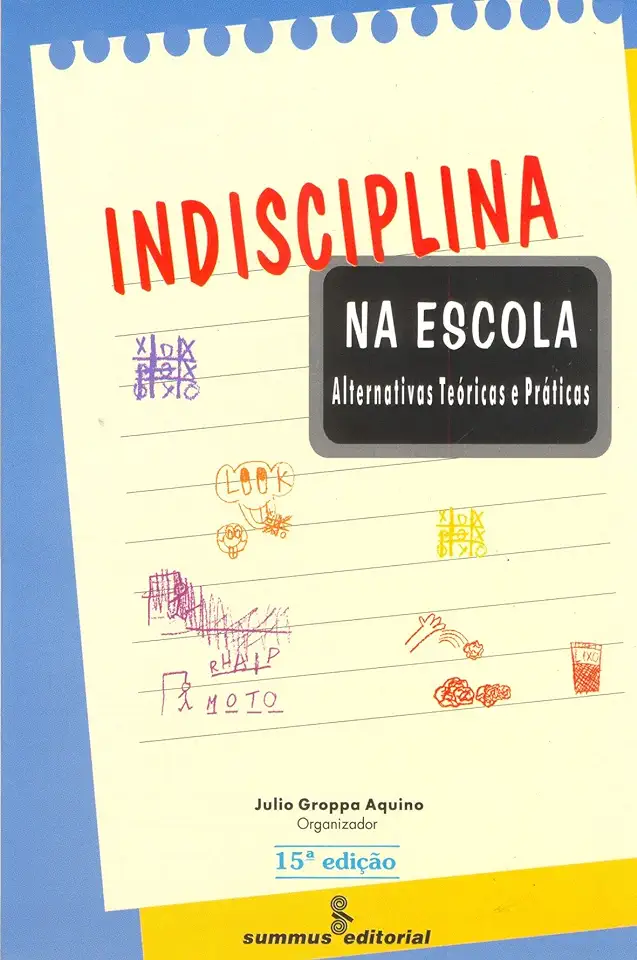
School Discipline: Theoretical and Practical Alternatives - Julio Groppa Aquino
School Discipline: Theoretical and Practical Alternatives
Introduction
School discipline is a complex and challenging issue that educators face daily. In this book, Julio Groppa Aquino offers a comprehensive and thought-provoking exploration of school discipline, drawing on both theoretical and practical perspectives. Aquino argues that traditional approaches to school discipline are often ineffective and can even be harmful to students. He proposes a more holistic and restorative approach that focuses on building positive relationships, fostering a sense of community, and addressing the root causes of misbehavior.
Theoretical Perspectives on School Discipline
Aquino begins by examining various theoretical perspectives on school discipline, including behavioral, cognitive, and socio-emotional approaches. He argues that no single theory can fully explain the complexity of school discipline and that a more comprehensive approach is needed. Aquino also discusses the importance of understanding the cultural and contextual factors that influence school discipline practices.
Practical Alternatives to Traditional School Discipline
Aquino then presents a range of practical alternatives to traditional school discipline practices. These alternatives include restorative justice, positive behavior interventions and supports (PBIS), and social-emotional learning (SEL). Aquino provides detailed descriptions of each approach and discusses the research evidence supporting its effectiveness. He also offers practical tips and strategies for implementing these alternatives in schools.
Building Positive Relationships and a Sense of Community
Aquino emphasizes the importance of building positive relationships and a sense of community in schools as a foundation for effective school discipline. He argues that when students feel connected to their school and their teachers, they are less likely to engage in disruptive behavior. Aquino provides practical strategies for building positive relationships, such as active listening, empathy, and setting clear expectations.
Addressing the Root Causes of Misbehavior
Aquino also addresses the importance of addressing the root causes of misbehavior, such as poverty, trauma, and mental health issues. He argues that traditional school discipline practices often fail to address these underlying issues and can even exacerbate them. Aquino proposes a more holistic approach that involves collaboration between schools, families, and community organizations to provide students with the support they need to succeed.
Conclusion
In conclusion, School Discipline: Theoretical and Practical Alternatives is a valuable resource for educators, administrators, and policymakers interested in creating more effective and humane school discipline practices. Aquino's comprehensive and thought-provoking analysis of school discipline provides a solid foundation for understanding the complexities of this issue and developing more effective approaches. This book is a must-read for anyone committed to creating safe and supportive learning environments for all students.